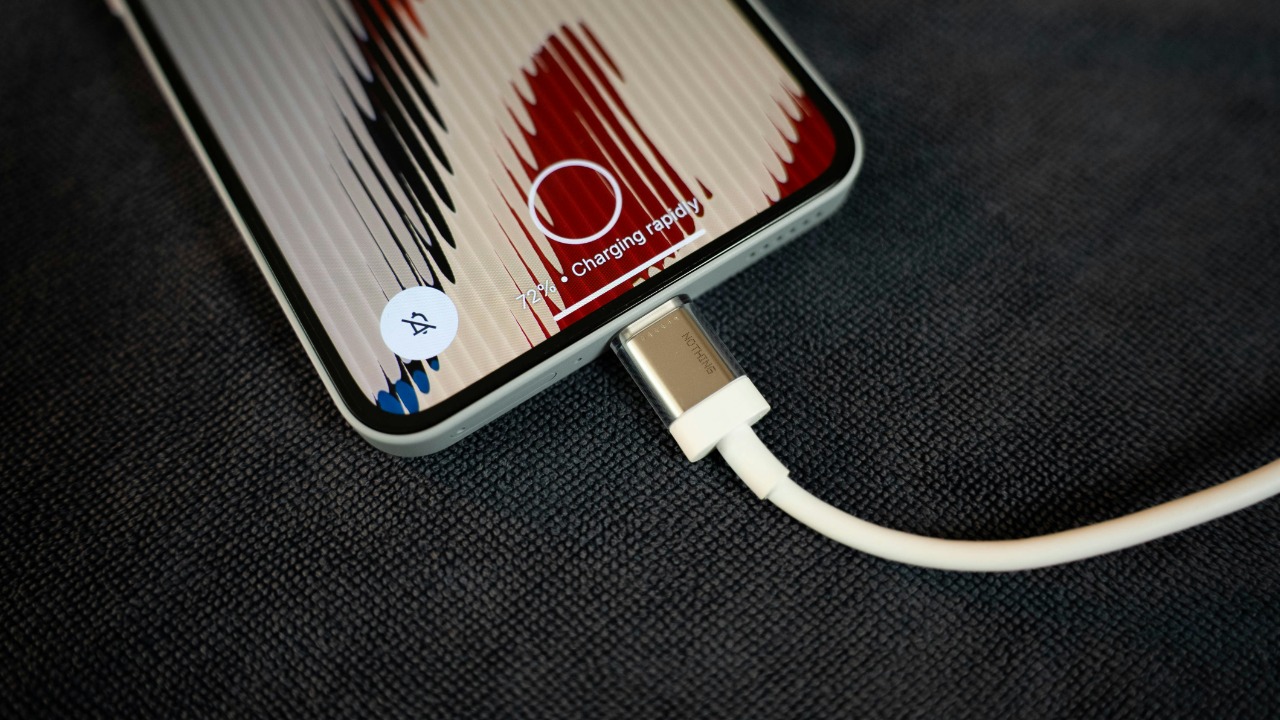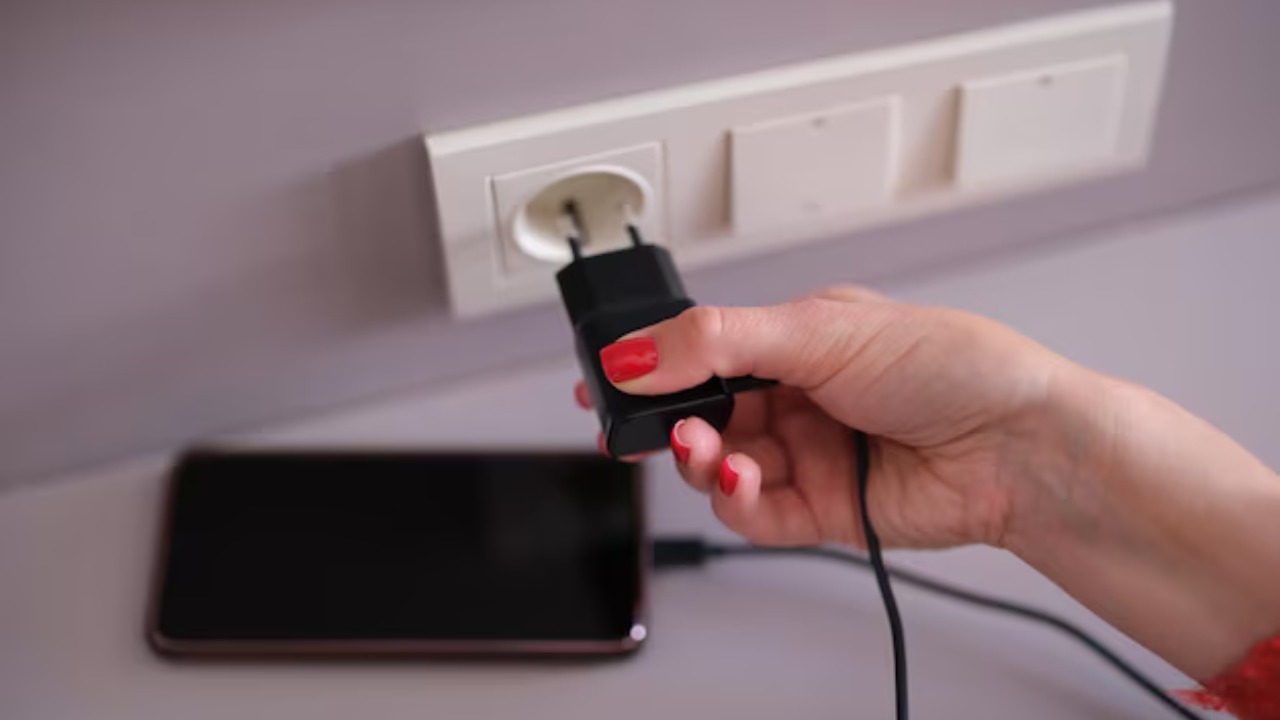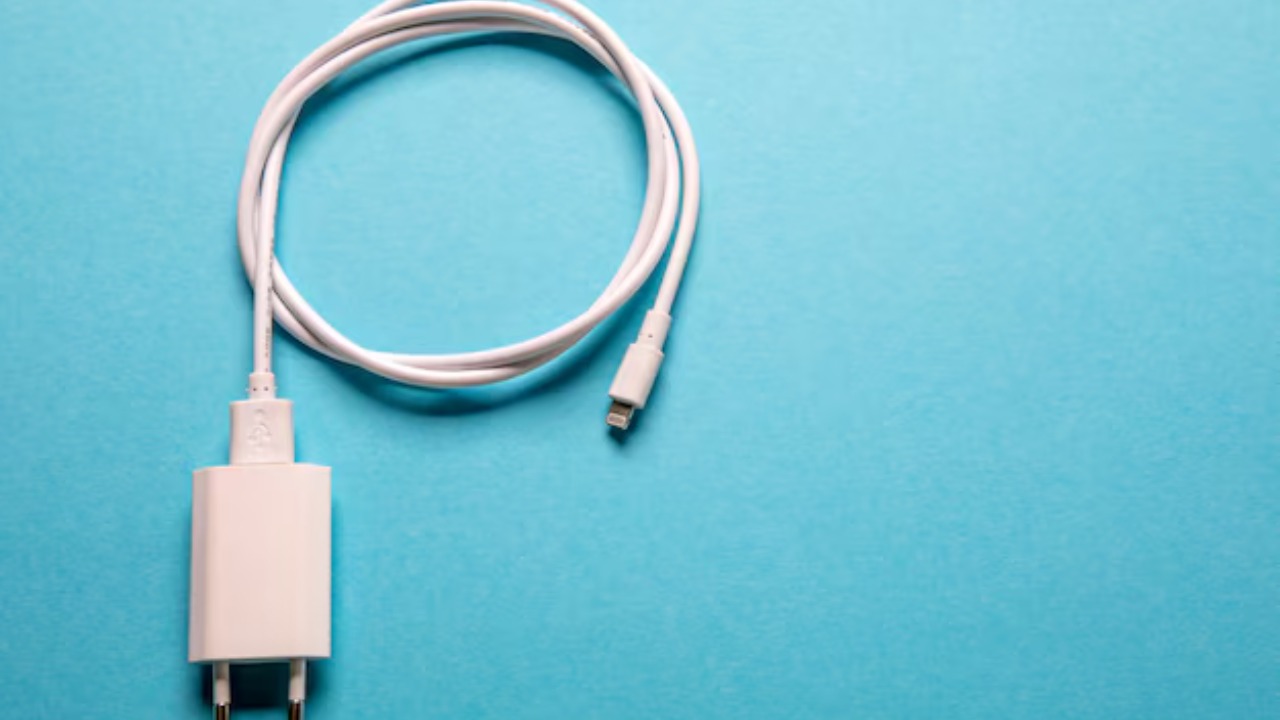Using cheap chargers may seem like a cost-effective solution, but they can significantly harm your phone’s battery and overall lifespan. Understanding the risks and mechanics behind these low-cost alternatives can help you make informed choices to protect your device.
The Science Behind Charging: How It Affects Battery Health

Lithium-ion batteries are the heart of modern smartphones, powering everything from basic communication functions to advanced applications. These batteries operate through a series of charge and discharge cycles, which, over time, affect their overall capacity and efficiency. Voltage regulation is crucial for maintaining battery health, as it ensures the battery receives the right amount of power.
Charging practices play a significant role in battery longevity. While many believe that fast charging can harm batteries, this is often a misconception. The key issue is not the speed but the quality of the charger and how well it manages the voltage and current during charging sessions. Consistent overcharging or using chargers with fluctuating voltages can lead to reduced battery life.
Why Cheap Chargers Are a Risk

Cheap chargers often cut corners by using poor quality components that fail to meet essential safety and performance standards. These components can lead to inconsistent power delivery, which can strain your phone’s battery. In worst-case scenarios, the lack of reliable materials may even cause the charger to fail, posing a risk to your device and personal safety.
Another significant disadvantage of low-cost chargers is the absence of advanced safety features. Features such as over-voltage protection, which are standard in reputable chargers, are often missing. This absence can lead to overcharging, overheating, and potential damage to your phone’s internal components.
The Hidden Costs of Using Inexpensive Chargers

The initial savings from purchasing a cheap charger can quickly be offset by the damage it inflicts on your phone. One of the most common issues is a rapid decrease in battery capacity, as substandard chargers fail to regulate the power flow effectively. Over time, this can lead to increased wear and tear on the battery, reducing its overall lifespan.
Beyond battery life, cheap chargers pose risks to the entire device. Overheating and short-circuiting are common problems that can arise from using low-quality chargers, potentially leading to significant hardware failures. In some cases, these issues can damage essential phone components, necessitating costly repairs or even requiring a replacement device.
Identifying Safe and Reliable Chargers

To ensure your phone’s longevity, it’s essential to choose chargers that meet recognized safety standards. Look for certifications such as UL, CE, or FCC, which indicate that the charger has undergone rigorous testing to meet safety and performance benchmarks. These certifications are often displayed on the packaging or the charger itself.
When selecting a charger, consider purchasing from reputable brands known for their quality and safety features. Brands like Anker, Belkin, and Apple have established themselves as trustworthy manufacturers of charging accessories. Investing in these reliable products can save you from the headaches and costs associated with device damage.
Steps to Protect Your Phone

Investing in quality accessories is one of the best ways to protect your phone from damage. By choosing chargers and cables from reputable manufacturers, you can ensure that your device receives the correct power levels and remains safe from electrical faults. This upfront investment can extend the lifespan of your phone and prevent costly repairs.
Additionally, adopting proper charging habits can further enhance battery health. Avoid leaving your phone plugged in overnight, as this can lead to overcharging. Instead, unplug your device once it reaches 100%. Keeping your phone cool while charging is also crucial, as excessive heat can degrade battery performance. By following these simple tips, you can maintain your phone’s efficiency and longevity.